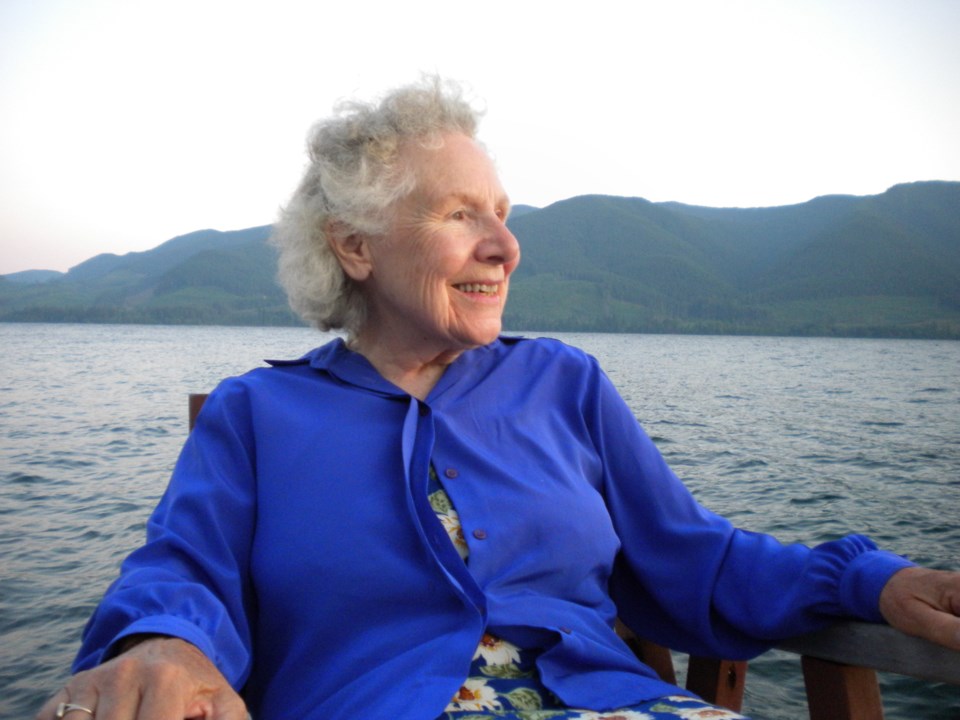I was 16 when my mom and I went down into a church basement to join a session of Scottish country dancing. Admittedly, it’s a nerdy thing to do as a teenager, but I liked dance and I particularly liked the woman who was running the show.
Una was a bubbly English woman who was a good friend of my mom. She was one of those people who made it possible to glimpse another side of your parent. (In this case, a particularly giggly one.)
Back in the church basement, I couldn’t believe how many people were down there, following the intricate step patterns to the sound of a reel and Una’s instruction. Despite tripping over myself, it was a fun evening, although I never tried Scottish dancing again — until last month.
At age 91, Una died and what better way to celebrate her full and exuberant life than pushing back the chairs, cueing up the music and launching into a Scottish reel.
But Una wasn’t just a dancer. She was also a social worker, a teacher and an advocate. My mom knew her because they both taught social work at Mount Royal College in Calgary.
When Una was early into her career, she went to Ottawa and spoke before a special Senate committee on aging. Here is part of what she had to say: “The notion of relegating the aged to peaceful havens of segregated comfort and security is a quaint appeasement of our mass guilt and a pathetic comment upon not only human nature, but upon life itself.”
The sad irony is that it was in exactly that kind of “haven of segregated comfort” that she spent her final years. At her celebration of life, her son said, “Something that has always eaten away at me is a promise I made to mum 50 years ago and reiterated throughout her life: that I would never put her in a care home.”
But there was no alternative. Una, like all three of her sisters, developed Alzheimer’s disease. The last time I saw her was almost three years ago. She appeared scared, confused and deeply unhappy.
I should be clear, the facility she was in was lovely. It was a warm, welcoming home with caring staff who organized all manner of activities. Regardless, she was bored and afraid, and I suspect she would have felt the same anywhere. She asked her son repeatedly to help her die, but as he said, “I just couldn’t. Didn’t want to rot in jail, and then go to hell.”
I know assisted dying is a complicated issue, but surely we can work our way through that complication to find a humane way to handle these kinds of situations. To not “euthanize” a pet when its time has come is considered animal cruelty, yet we force our loved ones to endure long past their will to live.
Since 2016, we’ve had assisted dying legislation, but it’s restrictive. Someone like Una wouldn’t have qualified because she would be considered “not of sound mind,” and it doesn’t allow for “advance consent,” meaning consent given before a disease has impaired the mind. As well, death must be imminent, and the body of a person with Alzheimer’s can keep ticking long after the mind has shut down. So, on she went.
Una will be remembered for her warm, lively spirit, but her final years should also be a reminder that our assisted dying legislation is still unfinished.



